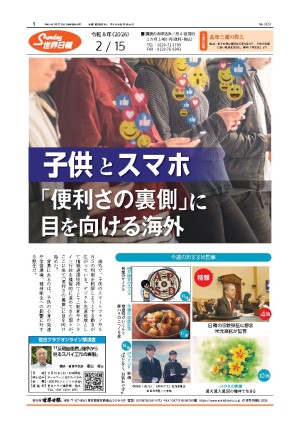サウジに対する9・11訴訟開始へ Judge rules 9/11 lawsuit against Saudi Arabia can proceed
28日の判事の判断によって、2001年9月11日の米同時多発テロの共謀容疑でサウジアラビアを訴え、巨額の損害賠償を求める訴訟の開始が可能になった。
ニューヨーク州マンハッタンの連邦地裁のジョージ・ダニエルズ判事は、サウジ当局の共謀の証拠はないとして訴えの取り下げを求めたサウジの申し立てを却下した。
しかし、ダニエルズ判事によると、「サウジに対する原告の訴えをめぐって、(テロ支援者制裁法)に基づいて、(テロの犠牲者の親族、家族ら原告は)、この裁判所が管理権を引き受ける合理的根拠を、かろうじて明確にすることができた」にすぎない。
...【全文を読む】







